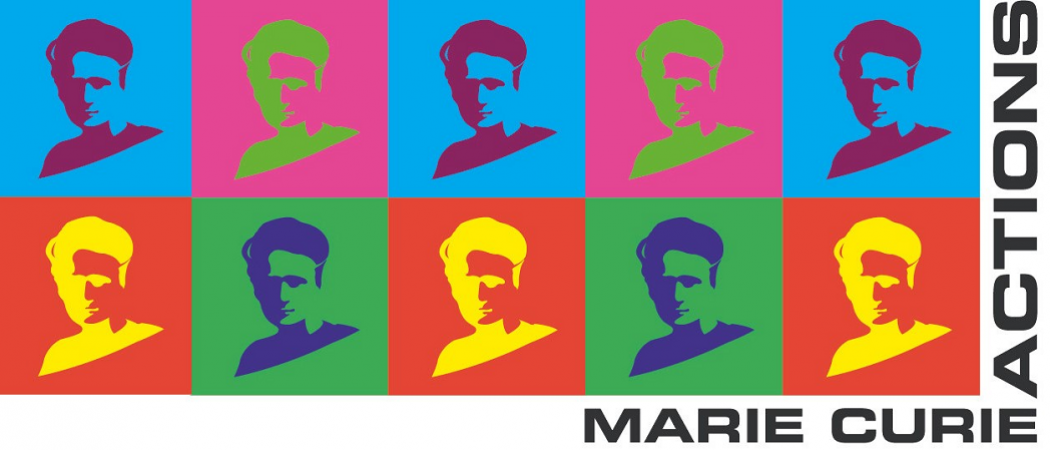Formal investigation comes after researchers whose projects have been delayed by pandemic lockdowns complain about the European Commission refusing to extend grant funding from the academic exchange programme

The European Ombudsman has launched a formal investigation into the European Commission’s refusal to cover extended costs for Marie Skłodowska Curie (MSCA) researchers whose projects have been delayed by the coronavirus pandemic.
The inquiry will examine “how the commission takes into account the COVID-19 crisis when managing these grants, and how the commission communicates with the beneficiaries of MSCA grants and their recruited researchers,” according to a letter from the ombudsman seen by Science|Business.
In August, MSCA fellows Nathalie Conrad and Antonia Weberling filed complaints with the ombudsman’s office, arguing that the commission’s refusal to grant extensions means it is essentially asking researchers to do unpaid work. “The option is working unpaid or we abandon our career in academia,” Conrad said. In their letter to the ombudsman, the researchers also raised the problem of gender balance and how the coronavirus crisis has deepened the gap between women and men in academia.
Conrad, who is doing research on 35 million patient records across more than 20 diseases, has a year left to finish her project. She was planning to complete it sooner so she can write applications for grants to fund her next career step. A paid extension to the grant agreement to cover the costs incurred by the pandemic would allow Conrad to complete her project and apply for a professorship in 2021.
“[The commission] policy of asking fellows to finalise their project unpaid was inappropriate and discriminatory against women,” said Conrad.
According to a survey by the Marie Curie Alumni Association (MCAA) 48 per cent of MSCA fellows were not able to continue working on their projects during the lockdown.
In a petition signed by more than 1,600 researchers earlier this year, MSCA fellows argued the commission should grant paid extensions.
The commission does not have a direct contractual relationship with individual scientists, but rather with the academic institutions that hire researchers. However, institutions have a contractual obligation to inform researchers about the conditions under which the grants are allocated, as well as their rights and obligations.
Researchers believe the measures taken so far by the commission are insufficient. They cannot continue their work without additional funding, they say.
To date, the commission has offered a few options to MSCA grantees affected by the pandemic. Researchers can continue their projects working remotely, suspend the grant and research salaries temporarily, switch to a 50 per cent work pattern, apply for unemployment benefits, or use money allocated for research, training and networking costs to pay salaries.
But researchers complain they do not meet the minimum work requirements of host countries to be eligible for unemployment benefits. In the absence of additional emergency funding, researchers fear they will have to abandon their work.
In their complaint to the ombudsman, Conrad and Weberling said that institutional costs, which are dedicated to research consumables or equipment, are generally spent at the start of the project and there is not much budget left to help pay additional salaries. Unspent institutional costs are also needed to cover costs of research that has not been completed, and researchers do not want to give up this money and argue the commission has no right to ask them to do so.
The commission has been asked to provide the ombudsman with answers by 15 November.





 A unique international forum for public research organisations and companies to connect their external engagement with strategic interests around their R&D system.
A unique international forum for public research organisations and companies to connect their external engagement with strategic interests around their R&D system.